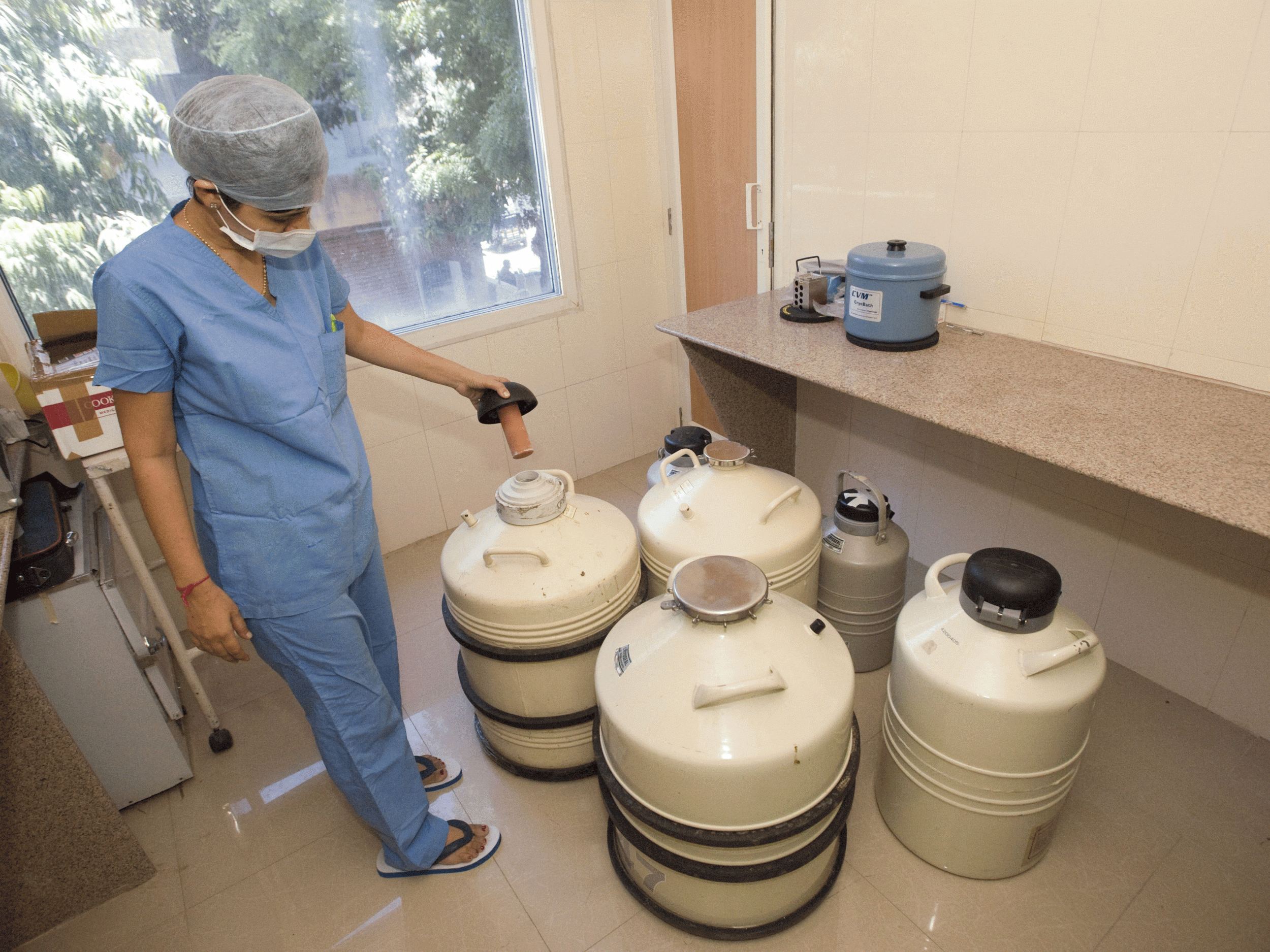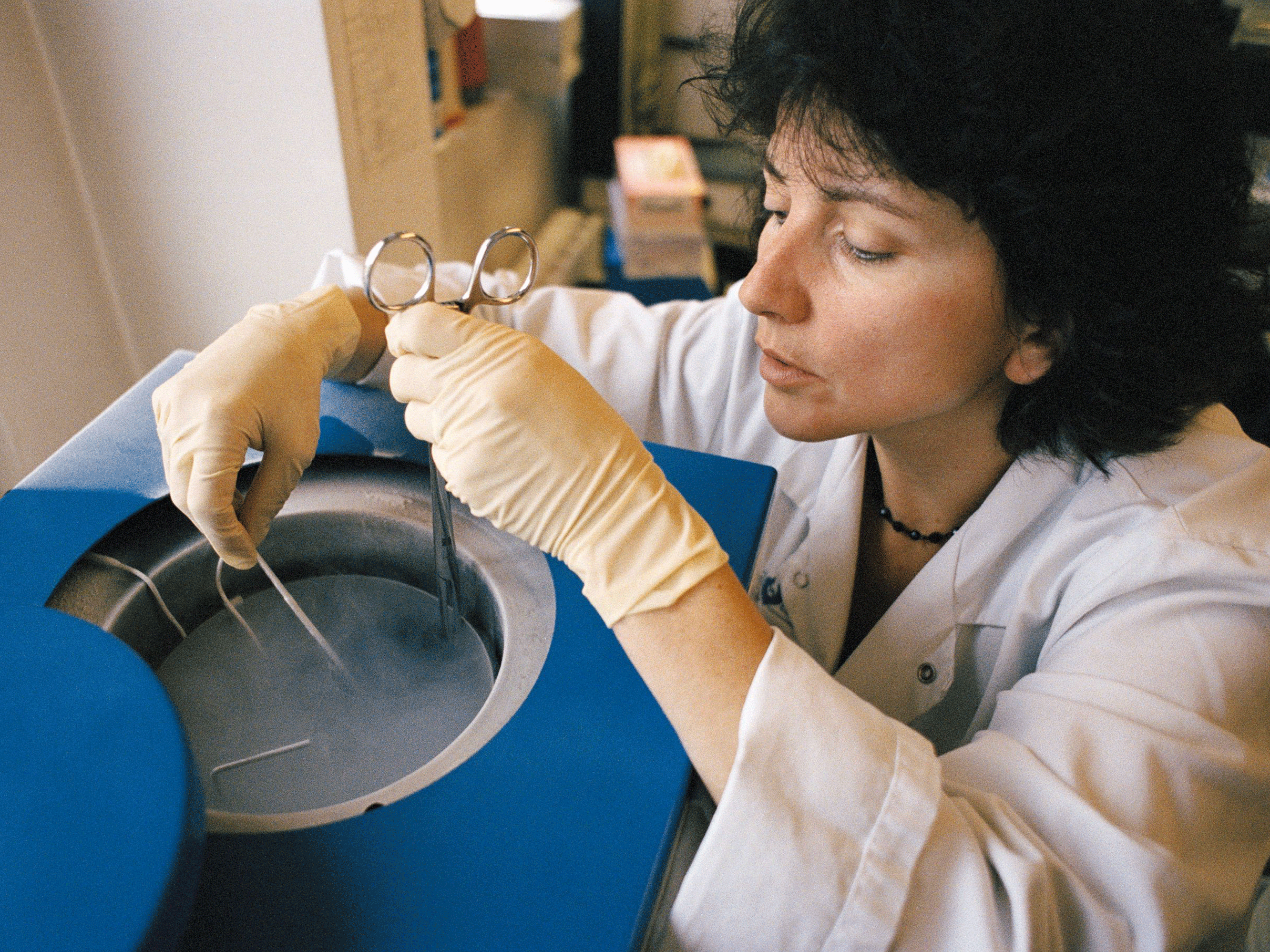Cryogenically frozen girl's father attacks firms for 'selling false hope'
'I think it would be doubly impossible to both bring her back from the dead and cure her cancer'

Your support helps us to tell the story
From reproductive rights to climate change to Big Tech, The Independent is on the ground when the story is developing. Whether it's investigating the financials of Elon Musk's pro-Trump PAC or producing our latest documentary, 'The A Word', which shines a light on the American women fighting for reproductive rights, we know how important it is to parse out the facts from the messaging.
At such a critical moment in US history, we need reporters on the ground. Your donation allows us to keep sending journalists to speak to both sides of the story.
The Independent is trusted by Americans across the entire political spectrum. And unlike many other quality news outlets, we choose not to lock Americans out of our reporting and analysis with paywalls. We believe quality journalism should be available to everyone, paid for by those who can afford it.
Your support makes all the difference.The father of a girl who won a landmark legal battle to be cryogenically frozen after her death from cancer has criticised firms who practise the technique for "selling false hope".
The terminally ill 14-year-old had her remains frozen and stored in the hope she could be revived in the future after winning a High Court battle shortly before she died.
Her divorced parents were embroiled in a dispute over whether her wish should be granted.
Her mother, who she lived with, supported her wish for cryogenic preservation but her father, who she had not seen for nine years, was reluctant to approve the plan.
Mr Justice Peter Jackson found in favour of the girl, who lived in the London area and cannot be named for legal reasons, and she is now being stored at the Cryonics Institute in Clinton Township, Michigan, USA.

Her father heavily criticised the institute in an interview with the Mail on Sunday.
He said: "I believe they are selling false hope to those who are frightened of dying – taking advantage of vulnerable people.
"When I asked if there was even a one in a million chance of my daughter being brought back to life, they could not say there was.
"I think it would be doubly impossible to both bring her back from the dead and cure her cancer, and companies should not hold out some false hope."
Clive Coen, a neuroscience professor at King's College London, said cryogenics companies should not be allowed to advertise because there is no evidence the technique works in humans.
He told The Guardian: "There is no evidence outside amphibia and tissue slices that any of this works. We're not at a point where regulation is appropriate. The whole body is just ridiculous and the whole brain is only slightly less ridiculous."
The judge's ruling was made in October but could not be revealed until after her death.
Press Association
Join our commenting forum
Join thought-provoking conversations, follow other Independent readers and see their replies
Comments